By: Ayesha Devani
With 2022 approaching in a few days, we’re entering the season of new year resolutions. While we see some resolutions that are specific to certain goals, we also see some that aim to completely change a person. May it be through Instagram captions, books, magazines or articles, we’ve all heard the phrase, “new year, new me.” When talking about exercising or eating healthy or even picking up a new hobby, we often find ourselves using the phrase, “new me.” I myself have done so without thinking deeply into it. Why would I? It’s usually a concept associated with the idea of positive change. What we don’t recognize is the fact that this concept is deeper than it seems. For many of us, this idea creates unimaginable pressures and standards taking a toll on our mental health. That is what this post will be exploring.
Let’s begin by decoding the phrase. When we put across the idea of creating a new us, we are implicitly implying the leaving behind of who we were. Not only does this discourage who we grew into, but it also discards our journey and experiences as flawed human beings. Setting resolutions and aiming to reinvent ourselves are two extremely different ideas. As much as the idea of reinventing comes with a positive attitude to embrace better habits, it also comes with the idea of leaving yourself behind. By taking ownership of who we are and what we do, we contribute to our individual character. This is the foundation of who we are. By restarting on a blank page, we lose that sense of character. Despite the fact that it may be flawed, it is who we are. Both social circles and social media discredit this by promoting, “new year, new me.” What we should be doing is promoting humans as flawed individuals allowing people to embrace who they really are without societal pressures to change.
Over the years, I’ve come across countless new year resolutions. However, most of them surround the same ideas. Exercising, eating healthier, finance management and self-care sum up the whole concept of resolutions. I believe that this is the case with millennials because of how fast social media spreads content. Eating healthy and working out have almost become trendy instead of actually serving their purpose. This brings in the idea of external influences. Many of us, myself included, often get influenced by content that social circles believe to be, “idealistic.” Perfect grades, the perfect body, the perfect social circle and many more. Due to this influence, we often set goals on the basis of external influences. This is popular at this time more than any other because this is when setting resolutions becomes trendy and so, we see it everywhere. This is us directly setting ourselves up for failure. “New year, new me,” implies that change can only happen at the start of a year. Not only does this lead to procrastination, but also puts immense pressure on us as individuals. There is so much in the world that makes it difficult to put our needs above the needs of society. As a result, this concept continues to feed into external influences that control us, our goals, and our way of living.
There’re always two sides of a coin. Despite the fact that I’ve been highlighting why we should discard this concept, there is a lot that we should retain. It just remains to be a matter of perspective. Instead of focusing on change, we could focus on what we wish to keep. What we wish to keep in terms of experiences, highs, lows, everything. In today’s era, especially as teenagers, there is so much we are consistently battling with. This makes it more important than ever to recognize our growth. May it be for the better or for the worse, our growth is truly ours and ours only and this highlights our individuality.
Sources:
https://www.theodysseyonline.com/how-your-sleep-position-affects-your-health
https://www.nytimes.com/2021/12/25/style/new-years-resolutions-millennials-gen-z.html
